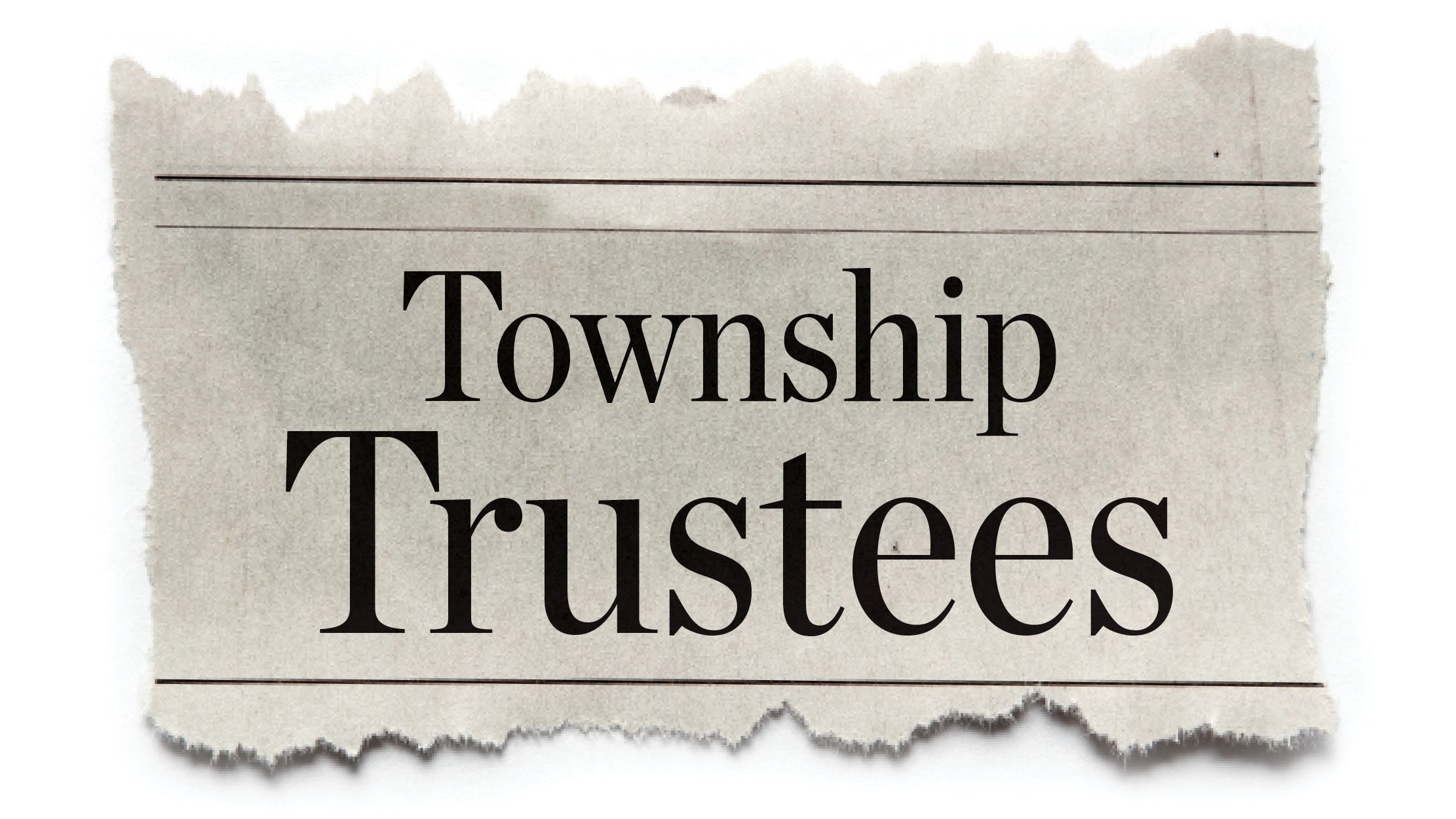Mike DeWine announces program for heroin addiction recovery
Published 2:58 pm Monday, August 25, 2014
TOLEDO — Ohio Attorney General Mike DeWine joined Lucas County Sheriff John Tharp, Lucas County Prosecutor Julia Bates, members of the Lucas County Board of Commissioners, Dr. John Laux of the University of Toledo, and other community officials to announce the development of a new pilot program aimed at helping those suffering from heroin addiction get the assistance they need to move towards recovery.
During a recent news conference DeWine announced that he is awarding Lucas County a grant of $650,000 to fund a holistic pilot program that will utilize partnerships and resources throughout the area to assist those suffering from an addiction to heroin.
The funds will also pay for a Doctor of Philosophy (Ph.D.) student with the University of Toledo to study and evaluate the effectiveness of the program for its potential use as a model for recovery in other communities across the state.
“We conducted more than a dozen community drug forums across Ohio over the past year. In each community it was apparent there were gaps in assistance for survivors directly following a heroin overdose, as well as gaps in assistance directly following treatment, which is when a person is most likely to relapse,” said DeWine. “Through this pilot program, local authorities will have resources to build on the groundwork they have already established to help tear down existing barriers to recovery.”
Specifically, the funds will be used to create two new victim advocate/clinician positions to provide assistance to survivors immediately after a heroin overdose occurs. The grant will also assist in creating recovery housing for those who have gone through treatment but still need support to stay drug free.
Lucas County was selected for the pilot program largely due to efforts already established by county leaders to combine their resources to provide support to heroin overdose survivors and families of fatal overdose victims, to investigate all overdose incidents, and to hold drug traffickers accountable.
“The heroin epidemic that is spreading throughout this country cannot be stopped by one agency. We need to all pull together to fight this fight,” said Tharp. “There is no quick-fix — we need to look at long-term solutions. Police officers and fire fighters are the first responders to overdoses and we have the opportunity to be the spark to get the victims/addicts the help they need to recover.”
Based on the effectiveness of the program, a list of best practices will established for use by other communities that are suffering from the effects of the heroin epidemic.
The grant will be funded as part of “The Ohio Attorney General’s Office Safe Neighborhoods Initiative.”





